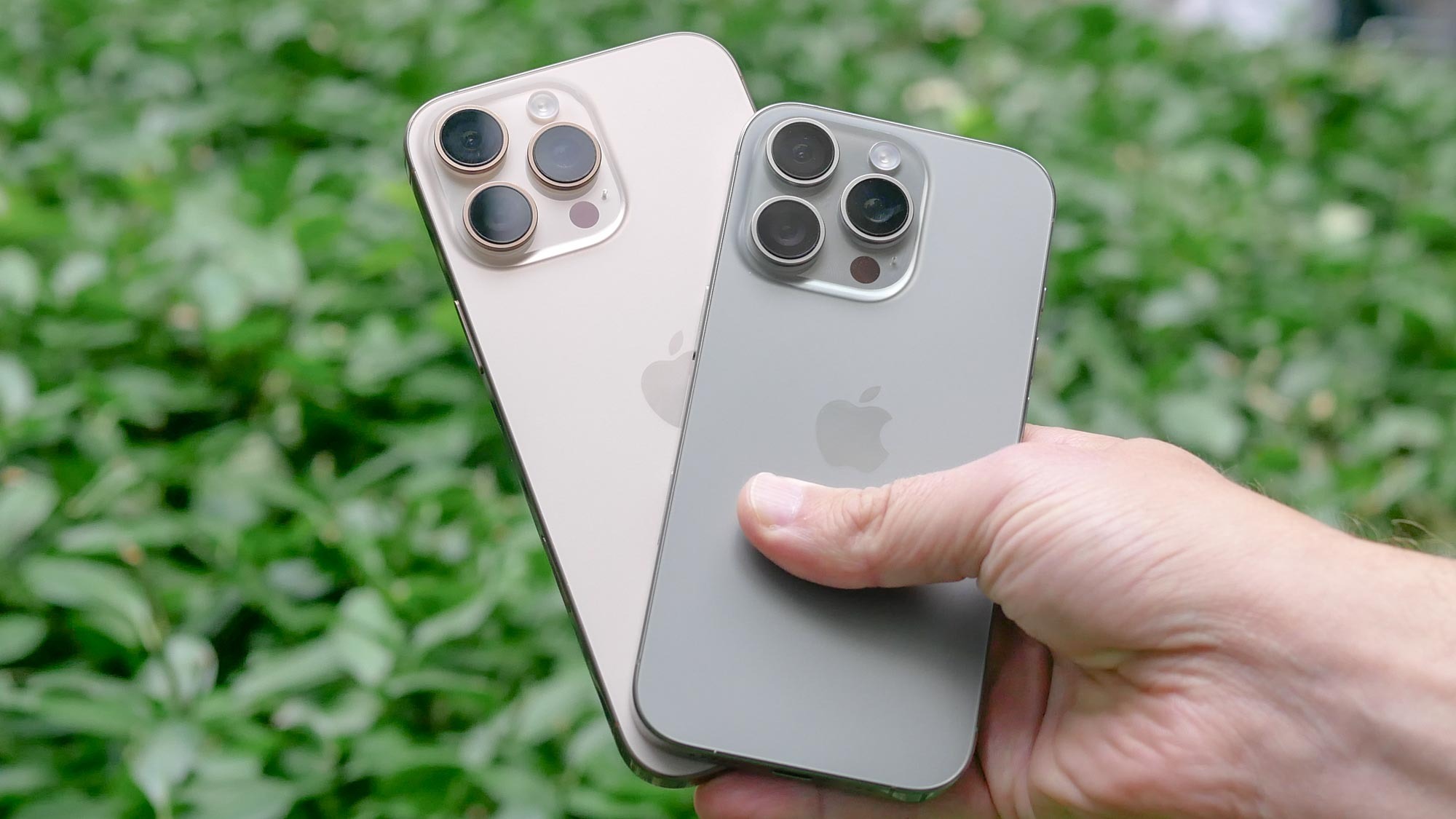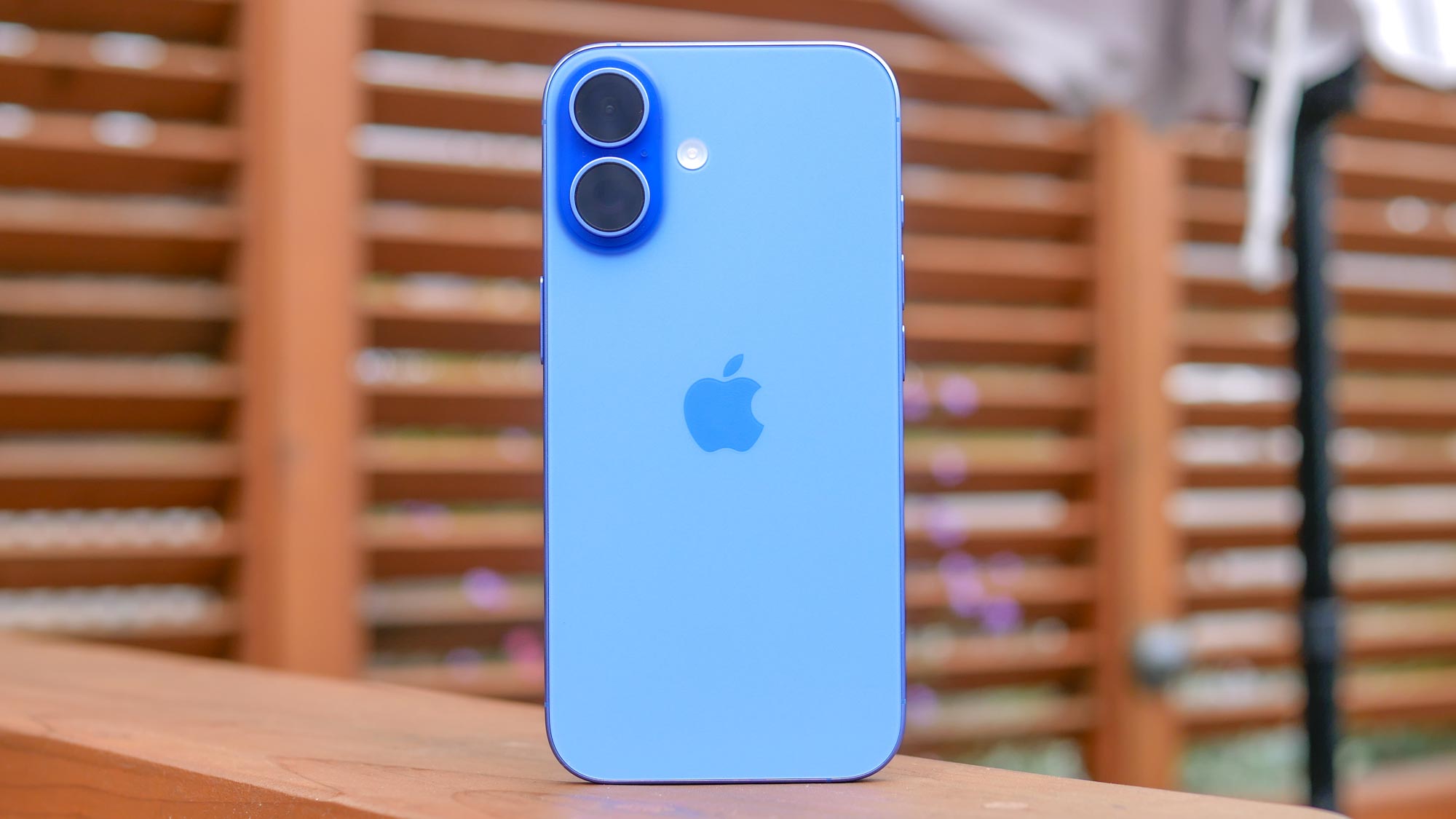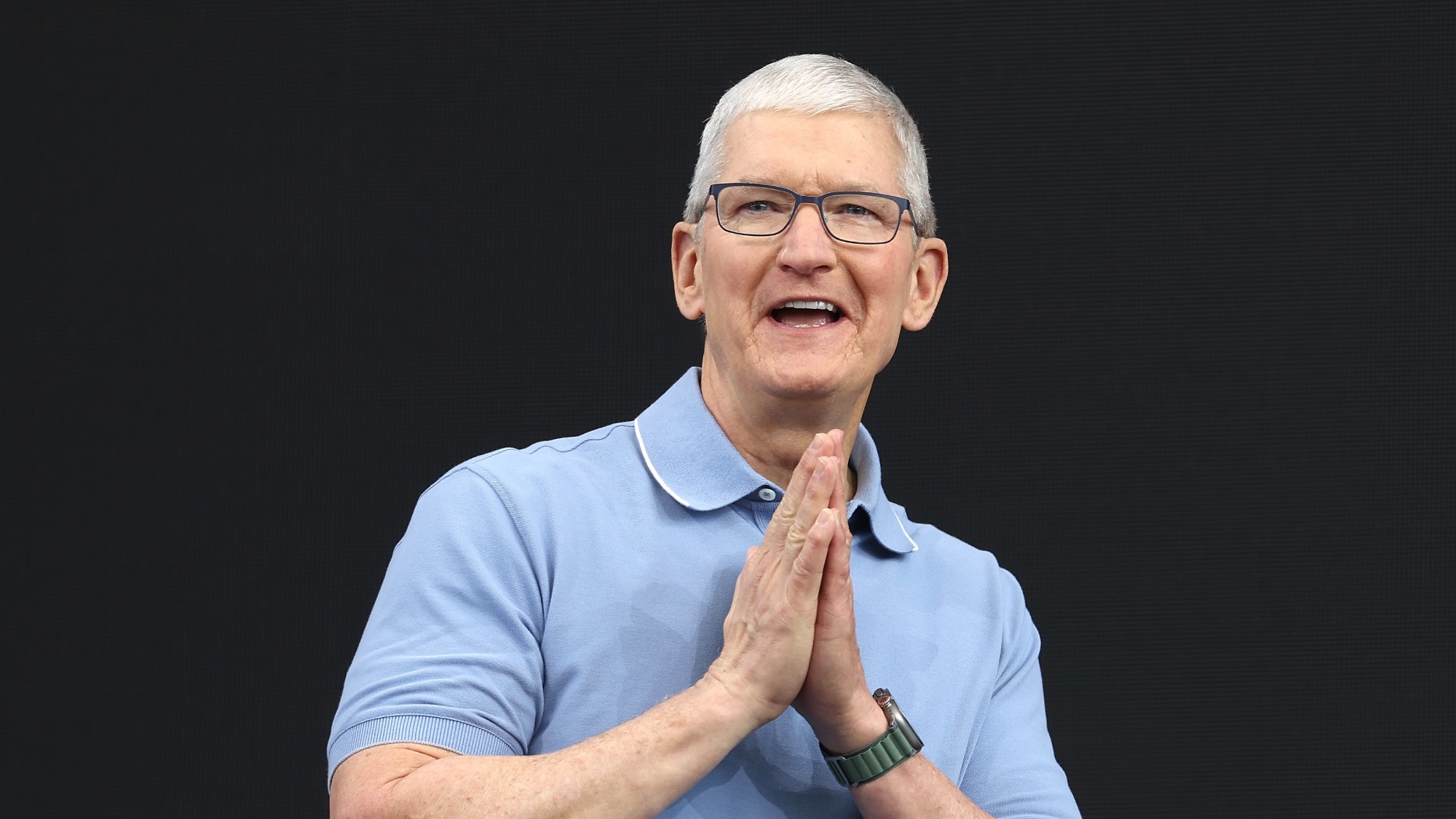iPhone 18 just tipped for big price hike — and it has nothing to do with tariffs
Leaker suggests that the cost of the 2nm A20 chip is “expected to increase significantly."

With the future of President Trump’s tariffs on imported goods still up in the air, the price of the iPhone 17 could be seriously impacted when it arrives this September. But looking ahead to next year, the iPhone 18 could see a price hike even without the threat of an all-out trade war.
“Next year Apple/Qualcomm/MediaTek to determine the TSMC 2nm,” the reliable leaker Digital Chat Station wrote in a (machine-translated) Weibo post. “The cost is expected to increase significantly, the new machine may have a round of price increases.”
Smaller transistors, bigger price

“Nm” refers to the size of nodes in computer circuitry. With smaller nodes come smaller transistors, meaning you can fit more on a processor, leading to both a boost in speed and improved efficiency.
While this year’s iPhone 17 is expected to continue with an enhanced version of the 3nm process, this shock could impact next year’s handsets.
Talk of 2nm chips in Apple’s 2026 handsets first appeared last September, via the analyst Ming-Chi Kuo. Due to “cost concerns”, he originally predicted it might be an upgrade only enjoyed by the Pro models, but he later revised this to suggest that the regular handsets could also benefit.
It doesn’t necessarily follow that spiraling manufacturing costs would lead to a higher price for buyers, of course. Given its size and resources, Apple could choose to eat the cost itself, but given Digital Chat Station also namechecks the Android chip makers Qualcomm and MediaTek as being impacted with their respective 2nm chips, that seems unlikely.
With the best Android phones also facing increased costs, Apple will likely feel safe in raising its prices without damaging its market share.
Sign up to get the BEST of Tom's Guide direct to your inbox.
Get instant access to breaking news, the hottest reviews, great deals and helpful tips.
iPhone prices have actually been stable

Considering inflationary pressures in recent years thanks to Covid, the war in Ukraine and other international factors, it’s actually surprising how little the iPhone price has changed — at least within the United States.
The high-end Pro models have started at $999 since the line began in 2019 with the iPhone 11 Pro, and the regular iPhone has only gone up $100 in the same six-year period. It increased $100 with the arrival of the cheaper iPhone 12 mini — but when the mini was withdrawn, the new $799 baseline price remained.
This is unlikely to last forever, and other regions have already seen their iPhone prices increase. But with a possible tariff-induced price hike coming this year with the iPhone 17, Apple may be wary about just how hard it can push things just a year later with the iPhone 18.
Freelance contributor Alan has been writing about tech for over a decade, covering phones, drones and everything in between. Previously Deputy Editor of tech site Alphr, his words are found all over the web and in the occasional magazine too. When not weighing up the pros and cons of the latest smartwatch, you'll probably find him tackling his ever-growing games backlog. Or, more likely, playing Spelunky for the millionth time.
You must confirm your public display name before commenting
Please logout and then login again, you will then be prompted to enter your display name.

